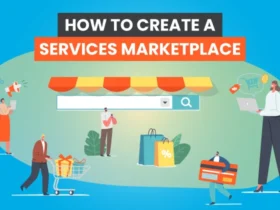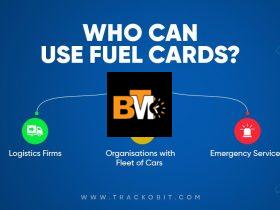Leasing a grain elevator in Ukraine is a complex process. It goes far beyond simply finding a storage facility as the grain elevators are strategic assets in the country’s powerful agricultural sector, and their use is tied to logistics, trading networks and regulatory requirements.
In Ukraine’s dynamic grain market, leasing an elevator without professional assistance can expose businesses to legal, financial and logistical risks. While this process may get tough for natives, foreigners might find it even harder as it is difficult to know all the legal nuances of the other country. That’s why seeking the help of a professional real estate agency https://largos-real.com/en/ can be highly valuable for several reasons:
Market knowledge
Grain elevators vary greatly in terms of capacity, technology, location and infrastructure connections. Some are located near railways or rivers, while others serve regional farming communities. An agency specialising in agricultural real estate understands which elevators are best positioned to serve specific needs, whether the focus is export-oriented storage or local distribution. Agencies often have access to listings that are not publicly advertised, providing clients with a broader range of options more quickly.
Legal and regulatory framework
Leasing agricultural infrastructure in Ukraine involves detailed contracts, compliance with health and safety regulations, and often coordination with local authorities. Agencies help to navigate this complexity by ensuring that contracts are correctly drafted, obligations are clear and risks are minimised. This reduces the chance of disputes or unforeseen costs.
Delegating of negotiation and valuation
Setting the fair lease price for a grain elevator requires an understanding of current market demand, expected harvests, and regional logistics. Agencies conduct comparative analyses and negotiate with property owners to secure favourable terms for tenants. For international companies that are unfamiliar with local pricing, this expertise can prevent overpayment and ensure that the investment aligns with operational goals.
Evaluation of technical conditions
Not all elevators are equally modern or well-maintained, and some may require upgrades to meet efficiency standards. A professional intermediary can arrange inspections, assess the facility’s readiness for large-scale operations and estimate future costs. This prevents tenants from committing to sites that cannot deliver the required performance.
Strategic partnership
Many agencies have connections with logistics providers, financial institutions and agricultural cooperatives. This network can help clients integrate the elevator lease into a broader supply chain, ensuring smoother operations.
A real estate agency can assist in the mitigation of potential challenges by offering security, transparency and efficiency throughout the leasing process.










Leave a Reply